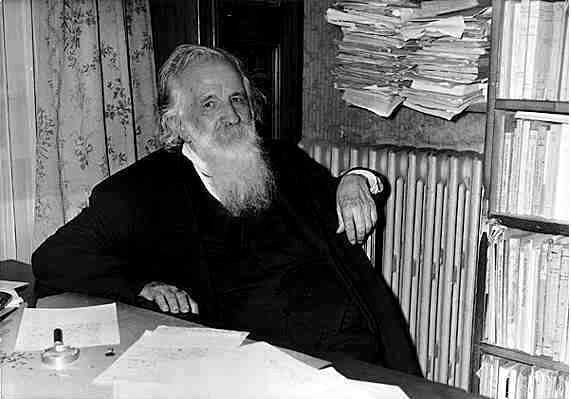 I was lucky enough to score galleys of Miroslav Penkov’s East of the West, which is due in bookstores in July from Farrar, Straus, and Giroux. I’ve read the stories twice already. They’re knockouts.
I was lucky enough to score galleys of Miroslav Penkov’s East of the West, which is due in bookstores in July from Farrar, Straus, and Giroux. I’ve read the stories twice already. They’re knockouts.
Penkov is a Bulgarian writer who writes in English. He studied as an undergraduate at the University of Arkansas, and discovered his talent for storytelling in an Ellen Gilchrist workshop. After graduating, he spent four more years studying at Arkansas in the MFA program, and now he teaches at the University of North Texas. I first read his story “Buying Lenin” in The Southern Review, and I’ve been a big fan ever since.
Here is the promotional copy from FSG:
“A grandson tries to buy the corpse of Lenin on eBay for his Communist grandfather. A failed wunderkind steals a golden cross from an Orthodox church. A boy meets his cousin (the love of his life) once every five years in the river that divides their village into east and west. These are Miroslav Penkov’s strange, unexpectedly moving visions of his home country, Bulgaria, and they are the stories that make up his charming, deeply felt debut collection.
“In East of the West, Penkov writes with great empathy of centuries of tumult; his characters mourn the way things were and long for things that will never be. But even as they wrestle with the weight of history, with the debt to family, with the pangs of exile, the stories inEast of the West are always light on their feet, animated by Penkov’s unmatched eye for the absurd.”
You can learn more about Miroslav Penkov at his website, and preorder his book at Amazon.com or IndieBound. I’ll write more about him here (a review, maybe an interview) when the publication date draws nearer.

 1.
1. 

 Ben Greenman’s book
Ben Greenman’s book 



 Someone asked me today whether I would be sad if I published (x) book and it alienated people from my community of origin, lost me their affection, etc. (I was raised a Southern Baptist, attended an extreme fundamentalist Christian school where many of the faculty were educated at places like Bob Jones University for the fourteen years preceding college, broke from those places to become an associate pastor in a more moderate tradition briefly after college, worked briefly in religious publishing, finally gave all of it up entirely, and I haven’t believed in god for almost ten years now.) I said that the only time I hear from most people from that time is when I publish something they don’t like & then they reach out “in love” to express displeasure and offer correction. Those who really love me, I said, have been in my life all along, regardless of whether or not they disagreed with me. My friend said he was in a similar place in life as me, but that it wasn’t worth it for him to lose the affection of those who have been in his life since he was a child, especially members of his family.
Someone asked me today whether I would be sad if I published (x) book and it alienated people from my community of origin, lost me their affection, etc. (I was raised a Southern Baptist, attended an extreme fundamentalist Christian school where many of the faculty were educated at places like Bob Jones University for the fourteen years preceding college, broke from those places to become an associate pastor in a more moderate tradition briefly after college, worked briefly in religious publishing, finally gave all of it up entirely, and I haven’t believed in god for almost ten years now.) I said that the only time I hear from most people from that time is when I publish something they don’t like & then they reach out “in love” to express displeasure and offer correction. Those who really love me, I said, have been in my life all along, regardless of whether or not they disagreed with me. My friend said he was in a similar place in life as me, but that it wasn’t worth it for him to lose the affection of those who have been in his life since he was a child, especially members of his family.  I was lucky enough to score galleys of Miroslav Penkov’s East of the West, which is due in bookstores in July from Farrar, Straus, and Giroux. I’ve read the stories twice already. They’re knockouts.
I was lucky enough to score galleys of Miroslav Penkov’s East of the West, which is due in bookstores in July from Farrar, Straus, and Giroux. I’ve read the stories twice already. They’re knockouts.